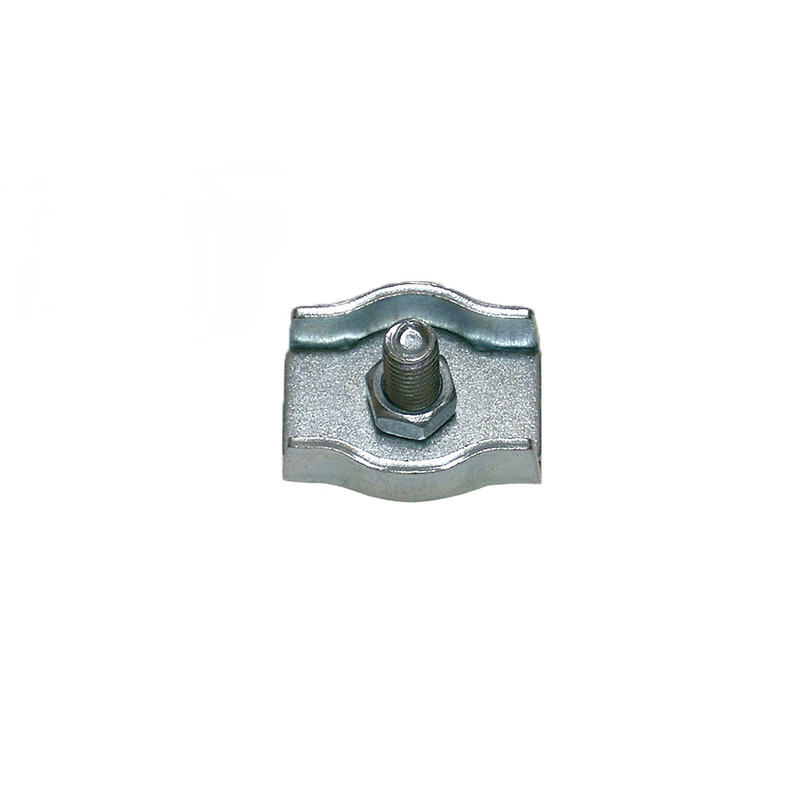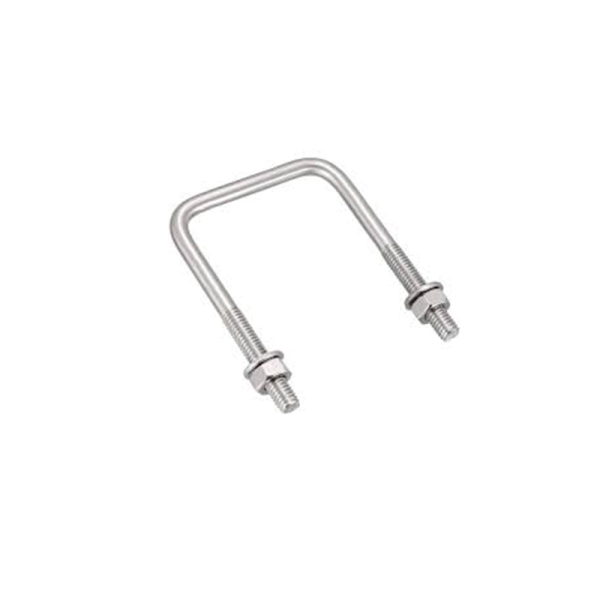Table of Contents
Benefits of Using Stainless Steel Fasteners in Various Industries
Stainless steel fasteners are essential components in various industries due to their durability, corrosion resistance, and strength. The Harmonized System (HS) Code for stainless steel fasteners is 7318.12.00. This code is used to classify and identify these products for international trade purposes. Stainless steel fasteners are widely used in industries such as construction, automotive, aerospace, and marine due to their numerous benefits.
One of the key advantages of using stainless steel fasteners is their corrosion resistance. Stainless steel contains chromium, which forms a protective oxide layer on the surface of the material. This oxide layer acts as a barrier against corrosion, making stainless steel fasteners ideal for use in harsh environments where exposure to moisture and chemicals is common. This corrosion resistance ensures that the fasteners maintain their integrity and strength over time, reducing the need for frequent replacements.
In addition to corrosion resistance, stainless steel fasteners are also known for their strength and durability. Stainless steel is a strong material that can withstand high levels of tension and pressure, making it suitable for heavy-duty applications. This strength and durability ensure that the fasteners can securely hold components together, providing a reliable and long-lasting connection. This is particularly important in industries such as construction and automotive, where the safety and stability of structures and vehicles depend on the quality of the fasteners used.
Furthermore, stainless steel fasteners are easy to maintain and clean. The smooth surface of stainless steel makes it resistant to dirt, grime, and bacteria, making it easy to clean and sanitize. This is especially important in industries such as food processing and pharmaceuticals, where cleanliness and hygiene are critical. Stainless steel fasteners can be easily cleaned with soap and water, ensuring that they meet the strict hygiene standards required in these industries.
Another benefit of using stainless steel fasteners is their aesthetic appeal. Stainless steel has a sleek and modern look that adds a touch of sophistication to any project. This aesthetic appeal makes stainless steel fasteners a popular choice in industries such as architecture and interior design, where the visual appearance of the finished product is important. Stainless steel fasteners can be polished to a mirror-like finish or brushed for a matte look, allowing for customization to suit the design requirements of the project.
In conclusion, stainless steel fasteners offer numerous benefits that make them an ideal choice for various industries. Their corrosion resistance, strength, durability, ease of maintenance, and aesthetic appeal make them a versatile and reliable option for a wide range of applications. The HS Code for stainless steel fasteners (7318.12.00) helps to classify and identify these products for international trade, ensuring that they meet the required standards and specifications. Whether used in construction, automotive, aerospace, marine, or other industries, stainless steel fasteners provide a secure and long-lasting solution for connecting components and structures.
Understanding the HS Code Classification for Stainless Steel Fasteners
Stainless steel fasteners are essential components in various industries, including construction, automotive, and manufacturing. These fasteners are used to join two or more objects together securely. Understanding the classification of stainless steel fasteners under the Harmonized System (HS) Code is crucial for international trade and customs purposes.
The HS Code is a standardized system for classifying goods for international trade. It is used by customs authorities around the world to identify products and apply tariffs and regulations. Each product is assigned a unique HS Code based on its characteristics, composition, and intended use.
Stainless steel fasteners are classified under HS Code 7318. This code covers screws, bolts, nuts, rivets, washers, and similar articles made of iron or steel. Stainless steel fasteners are specifically classified under subheading 7318.15, which includes screws, bolts, nuts, coach screws, screw hooks, rivets, cotters, cotter-pins, washers, and similar articles.

The classification of stainless steel fasteners under HS Code 7318.15 is based on their material composition, size, shape, and intended use. Stainless steel fasteners are made of a corrosion-resistant alloy that contains a minimum of 10.5% chromium. This high chromium content gives stainless steel its unique properties, including resistance to rust, corrosion, and staining.
In addition to the material composition, the size and shape of stainless steel fasteners also play a role in their classification under the HS Code. Fasteners are available in a wide range of sizes, from small screws and nuts to large bolts and washers. The shape of the fastener, such as hexagonal, square, or round, also influences its classification.
The intended use of stainless steel fasteners is another factor that determines their classification under the HS Code. Fasteners are designed for specific applications, such as joining metal, wood, plastic, or other materials. The type of fastener, such as a screw, bolt, nut, or washer, is chosen based on the requirements of the project.
Transitional phrases such as “in addition to,” “furthermore,” and “moreover” can help guide the reader through the classification process of stainless steel fasteners under the HS Code. Understanding the classification of stainless steel fasteners is essential for importers, exporters, and customs authorities to ensure compliance with international trade regulations.
In conclusion, stainless steel fasteners are classified under HS Code 7318.15 based on their material composition, size, shape, and intended use. The unique properties of stainless steel, including corrosion resistance and durability, make it a popular choice for fastening applications in various industries. By understanding the HS Code classification for stainless steel fasteners, importers, exporters, and customs authorities can facilitate international trade and ensure the smooth flow of goods across borders.







